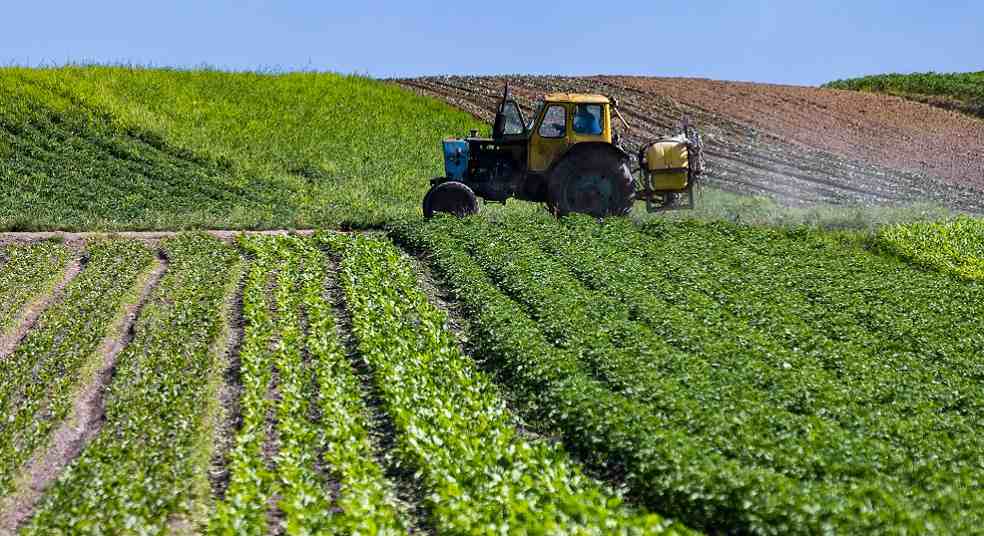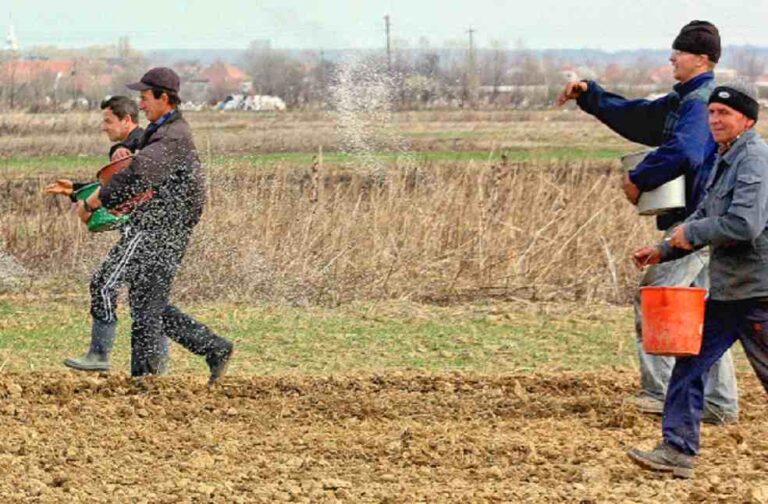Ukraine is bracing for a legal battle with Poland, Hungary, and Slovakia over their continued agricultural bans on Ukrainian products. Ukraine’s Trade Representative, Taras Kachka, disclosed this in an exclusive interview with POLITICO’s Brussels Playbook.
The prohibitions by Poland, Hungary, and Slovakia are designed to shield their agricultural sectors from an overflow of exports from Ukraine, a dominant force in the grain market, subsequent to Russia’s blockade of Ukrainian ports on the Black Sea. This is particularly crucial for Poland’s ruling party, as its performance in the forthcoming October 15 election is intimately tied to its rural electorate, which has suffered due to the surge in Ukrainian agricultural exports.
Kachka underscored the necessity of establishing the legal impropriety of these actions and announced the initiation of legal proceedings. He also indicated that Kyiv is readying countermeasures against Polish fruit and vegetable exports.

The trio’s collective defiance of the European Commission, following its decision to authorize Ukrainian grain sales across the European Union, prompted them to announce individual bans on Ukrainian grain. According to Ukraine’s trade chief, this indicates a profound distrust in the European Commission.
Instead of invoking its trade pact with the EU, Kyiv plans to lodge a lawsuit against the countries at the World Trade Organization (WTO). Kachka opined that the global community must be cognizant of the conduct of EU member states, as it could engender repercussions for other nations.
While Slovakia prolonged the EU’s previous embargo on certain grains, Poland expanded its ban to include Ukrainian flour and feed. Kachka indicated that Hungary is escalating the situation by barring additional products, including meat. He characterized these unilateral embargoes as ludicrous and inferred that Hungary was making a political declaration to impede trade with Ukraine and entirely disregard Brussels. “And that’s why I think that this is a very bold movement against both of us from Budapest,” he contended.

Although Hungary’s bans are predominantly symbolic, the measures enacted by Poland will markedly impact Ukraine’s exports, Kachka noted. Should Warsaw fail to rescind these bans, “we will be compelled to prohibit the importation of fruits and vegetables from Poland.”
Both Budapest and Warsaw rationalized their actions as essential to shield their agricultural sectors from the inundation of Ukrainian products, which has led to depressed prices. Yet, Kachka refuted this logic, contending that the ban will neither assist farmers nor impact global prices. “What they are doing is based on public opinion,” he said.

An EU official expressed optimism about resolving the dispute amicably by encouraging Kyiv to impose its own export restrictions in instances of abrupt surges. In response, Kachka confirmed Kyiv’s preparedness to establish a ‘real-time’ export licensing regime for grains to moderate exports and empower Ukraine to react expeditiously if a surge is detected.
IMEX SECTOR | EU Denies Renewing Ukrainian Grain Ban; Poland Considers Solo Restriction



